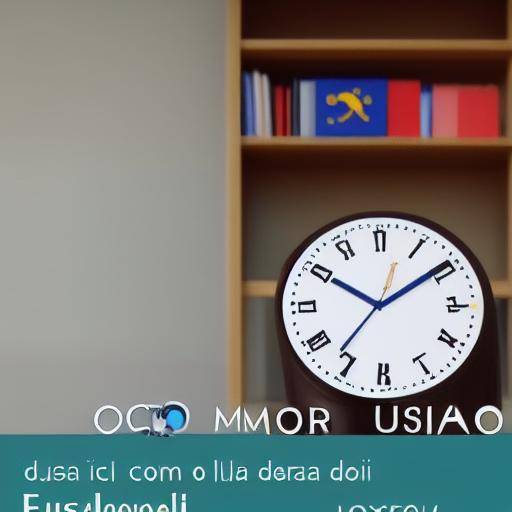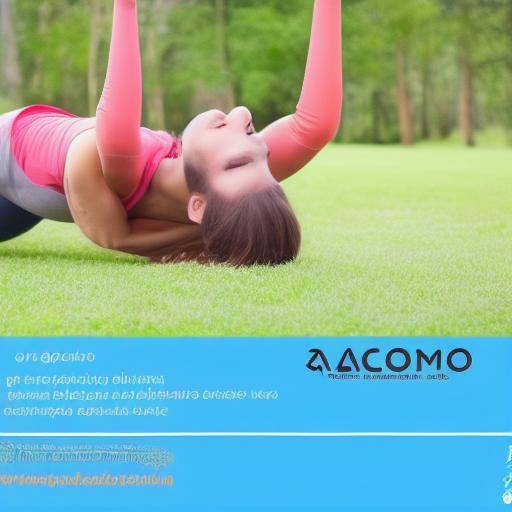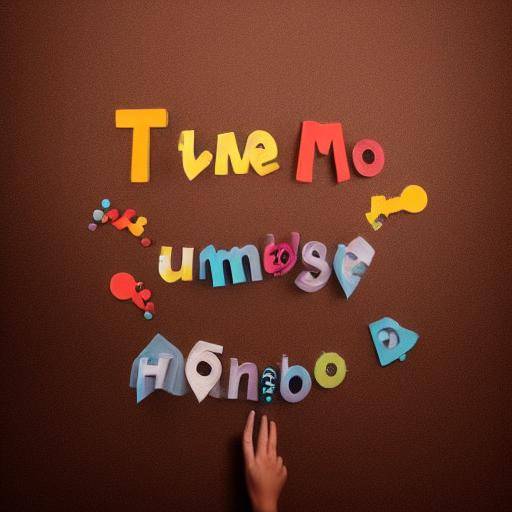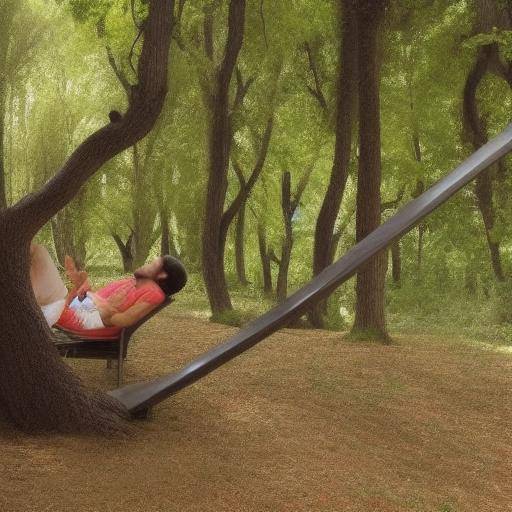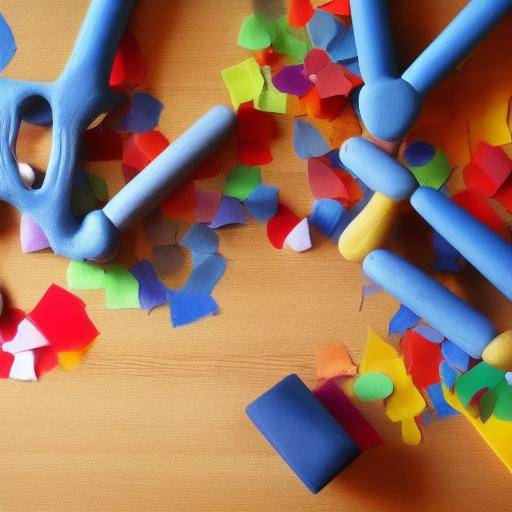
Introduction
Free time is a treasure that allows us not only to rest and enjoy pleasant activities, but also to strengthen our personal relationships. In the digital era, where every minute is occupied by the demands of modern life, finding time to nurture our interpersonal connections is crucial. In this article, we will explore how to use free time effectively to strengthen our personal relationships, which will not only contribute to emotional well-being, but will also allow us to cultivate meaningful connections with those around us.
History and Background
The concept of personal relationships has evolved throughout the history of humanity. From primitive tribes to modern societies, interpersonal relationships have been fundamental to survival and emotional well-being. In ancient civilizations, free time was dedicated to social activities, such as festivals, religious rituals and community meetings. These moments of interaction allowed people to strengthen their ties and share meaningful experiences.
With the arrival of the industrial revolution and the advent of the metropolises, free time was affected by the demands of work and new forms of entertainment. Personal relations were influenced by the urbanization and fragmentation of the community, which led to an evolution in the way people spent their free time and how they related to each other.
At present, free time and personal relationships are influenced by technology and modern life. Social networks and digital communications have redefined the way we connect, often leading to a paradox of being more "connected" but less emotionally connected. This historical evolution leads us to reflect on the importance of balancing the time we spend in individual activities with the time dedicated to strengthening our personal relationships.
Analysis in Deep
Personal relationships play a crucial role in people's emotional well-being. According to psychological studies, people with strong social connections tend to be happier, resilient and emotionally stable. In contrast, the lack of meaningful connections can lead to feelings of loneliness, anxiety and even depression. Therefore, well-used free time can become a powerful tool to nurture these relationships.
However, the accelerated pace of modern life and the omnipresence of digital distractions present challenges to strengthening personal relationships during free time. This analysis leads us to reflect on how we can overcome these barriers and maximize the potential of our free time to enrich our interpersonal connections.
Comprehensive review
There are several ways in which free time can be used to strengthen personal relationships. The simple act of sharing rewarding activities with significant people, such as a walk in the park, a dinner at home or a deep conversation, can strengthen emotional ties and foster mutual trust and understanding.
In addition, well-used free time can be an opportunity to participate in collective activities, such as volunteering, teamwork or participation in shared interest groups. These experiences not only promote a sense of belonging and community, but also offer the opportunity to meet new people and diversify our social networks, thus enriching our interpersonal lives.
Comparative analysis
By comparing the use of free time in strengthening personal relationships with emotional well-being, evidence arises of a close relationship between these aspects. The time spent on quality personal relationships contributes significantly to emotional well-being, providing a sense of belonging, emotional support and a safety net in times of difficulty. On the other hand, individual emotional well-being influences the way we relate to others, affecting our willingness and ability to participate in activities that strengthen our interpersonal links.
Practical Tips and Accessible Tips# How to use free time to strengthen personal relationships
Free time is an invaluable opportunity to nurture our personal relationships. In the digital age, where the pace of life is accelerated, finding time to cultivate meaningful connections is essential for emotional well-being. By using free time effectively, we can strengthen our interpersonal relationships, which in turn will contribute to our emotional well-being. In this article, we will explore practical strategies to take advantage of free time and enrich our personal relationships.
Importance of personal relationships
Personal relationships are fundamental pillars of our lives. They not only give us emotional and emotional support, but also play a crucial role in our psychological well-being. Establishing and maintaining strong relationships can positively impact our quality of life, reduce stress and be a source of joy and satisfaction.
What is free time?
Free time refers to the times when we are not occupied by our labor or domestic responsibilities. These moments are vital to recharge energies, enjoy recreational activities and, above all, to connect with our loved ones.
Strategies to strengthen personal relationships during free time
- Quality about quantity: Taking advantage of free time to be present and committed in interactions with our loved ones is fundamental. Instead of being physically present but mentally absent, focus on the quality of the interaction.
- Shared activities: Organizing activities in which everyone can participate and enjoy will strengthen the connection between people. Outdoor walks, table games, cooking together or simply talking are excellent options to nurture personal relationships during free time.
- Listen active: When you are with your loved ones during free time, practice active listening. Pay attention to what they say, show genuine interest in their worries and emotions. Empathy and understanding are fundamental to strengthening relationships.
- Digital disconnection: During free time to strengthen personal relationships, disconnecting electronic devices can be beneficial. Avoid distractions that can interfere with emotional connection and shared experience.
Benefits of strengthening personal relationships during free time
- Emotional wellbeing: Solid personal relationships can provide emotional support and a sense of belonging, which contributes significantly to our emotional well-being.
- Support network: By investing time in strengthening personal relationships during free time, we create a support network in which we can rely on times of need, providing a sense of security and support.
- It promotes happiness: Significant interactions give us moments of joy and satisfaction, which contributes to a positive emotional state.
Conclusions
Free time is a valuable opportunity to enrich our personal relationships, which in turn contributes to our emotional well-being. By being conscious and proactive in using our free time to strengthen interpersonal connections, we can build meaningful relationships that nourish our lives.





























